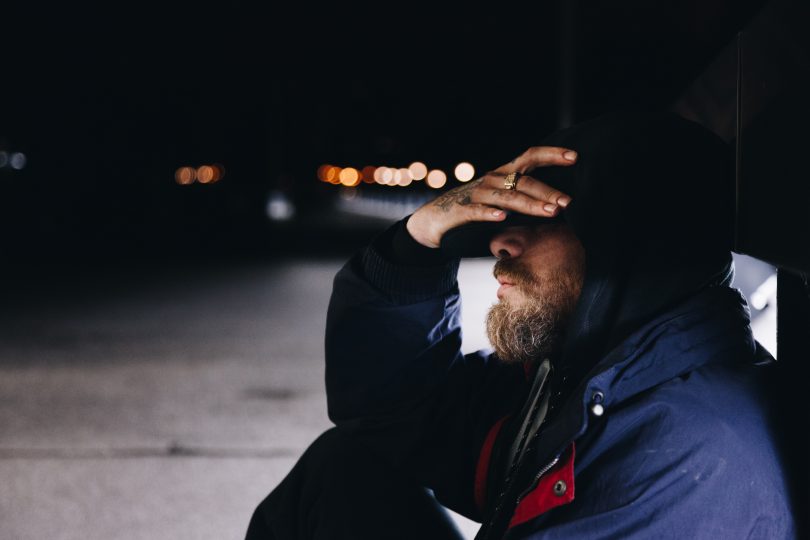Neuroscientist Dr Arianna Di Stadio considers how to care for your mental health during lockdown.
Some 2.6 billion people around the world are currently in some kind of lockdown or living a restricted life in line with government guidance to protect us against the risks of coronavirus and limit its spread.
However, the danger to our physical health isn’t the only concern – the impact of the virus on our mental health could be catastrophic, and experts warn we could even see a secondary epidemic of burnouts and stress-related absenteeism in the latter half of 2020 if we don’t do more to mitigate the toxic effects of the lockdowns.
Whilst people should always seek professional help if they are suffering with their psychological wellbeing, here are some practical things we can do to boost our mental health at home during these unprecedented times.
Set a routine
A lack of routine can have profound effects on our thoughts, feelings and behaviour, so now it’s more important than ever to keep some structure to each day. Even if you are working from home with a more flexible schedule than usual, small things like getting up at the same time each day, allocating a ‘lunch break’ window and setting blocks of time to complete tasks can go a long way in helping us feel more in control.
Practise relaxation techniques

If you struggle to unwind and switch off from everything, it can help to try some relaxation techniques to make you feel settled at the end of each day.
There are numerous breathing techniques listed on the NHS website you can follow to relieve stress and anxiety, and mobile apps like ‘Calm’ and ‘Headspace’ can help you pay more attention to the present moment, and to thoughts and feelings, leaving you feeling more at peace.
Get moving
Exercise has been proven to deliver a multitude of mental health benefits, from better-quality sleep to stress relief and overall improvement in mood. Currently, we are each permitted to exercise outdoors for an hour each day, and something as simple as a leisurely walk could make all the difference by releasing endorphins and lifting your mood.
There are also thousands of free exercise videos for all fitness levels available on YouTube if you want to follow a home workout routine – the key is to find something that works for you and is enjoyable. Now is not the time to put yourself under the unnecessary added stress of following a strenuous routine that makes you feel more exhausted than uplifted.
Quality of air can also affect your mood, so try to spend at least 20 minutes breathing fresh natural air and keep your windows open when possible. If you can’t get outside, simply breathing in the air outside your window or sitting on your balcony if you have one can make a huge difference.
Keep your diet in check
A change of routine, added stress and more time spent at home can cause us to slip into bad eating habits and under or overconsume. However, maintaining a healthy diet is a really important component in helping us keep a healthy state of mind.
Whilst you shouldn’t deprive yourself of the foods you crave, it’s crucial to focus on nutritious choices and to make sure you are getting enough vitamins and minerals to allow you to feel your best. Planning your meals in advance can really help you stick to a healthy routine, and finding creative ways to make new, wholesome recipes is another sure way to boost your mental health.
Avoid consuming sugary things like cakes, sweets and soft drinks, and increase the amount of fresh fruits and vegetables you eat – these help to maintain an efficient immune system.
Prioritise your sleep
Maintaining good-quality sleep makes a big difference to how you feel mentally and physically, so it’s important to get enough [seven – eight hours per night is optimal]. Going to bed and getting up at roughly the same time helps teach your body to sleep better, and you should try to avoid napping for longer than 20 minutes each day.
Dark, quiet and cool environments generally make it easier to fall asleep and stay asleep, and you should try to cut down on alcohol and avoid caffeine close to bedtime, as these can stop you falling asleep and prevent deep sleep.
Reduce your screen time
Using electronic devices before bedtime can be physiologically and psychologically stimulating in ways that can adversely affect your sleep, so limit the time spent on your phone and watching television for at least an hour before you go to bed. Consuming news on a regular basis is another thing that can leave you feeling stressed and anxious, particularly at times like these.
If you find that it’s getting you down, consciously reduce the amount of news you consume by deleting news apps on your phone, limiting time spent on social media and watching television programmes that make you feel good, avoiding the news altogether if needed.
Consider a natural supplement
Several drugs can be used for treating anxiety, but natural remedies are a good alternative in the situation we are currently facing, where anxiety is connected to a very stressful time and is not due to psychological or psychiatric disease.
Whilst they may not eliminate Covid-19 distress altogether, natural supplements like High Strength 5-HTP have been proven to help people feel better and sleep well, and they are easily accessible for everyone.
Seek professional help
Whilst the above steps can undoubtedly help, for anyone who is really struggling through these times there is support in place from a number of helplines and services.
People are also advised to contact their local GP surgery if they are struggling with their mental health and finding it difficult to cope with everyday life.
Dr Arianna Di Stadio is a neuroscientist and co-founder of Hello Pure.









Leave a Comment
You must be logged in to post a comment.